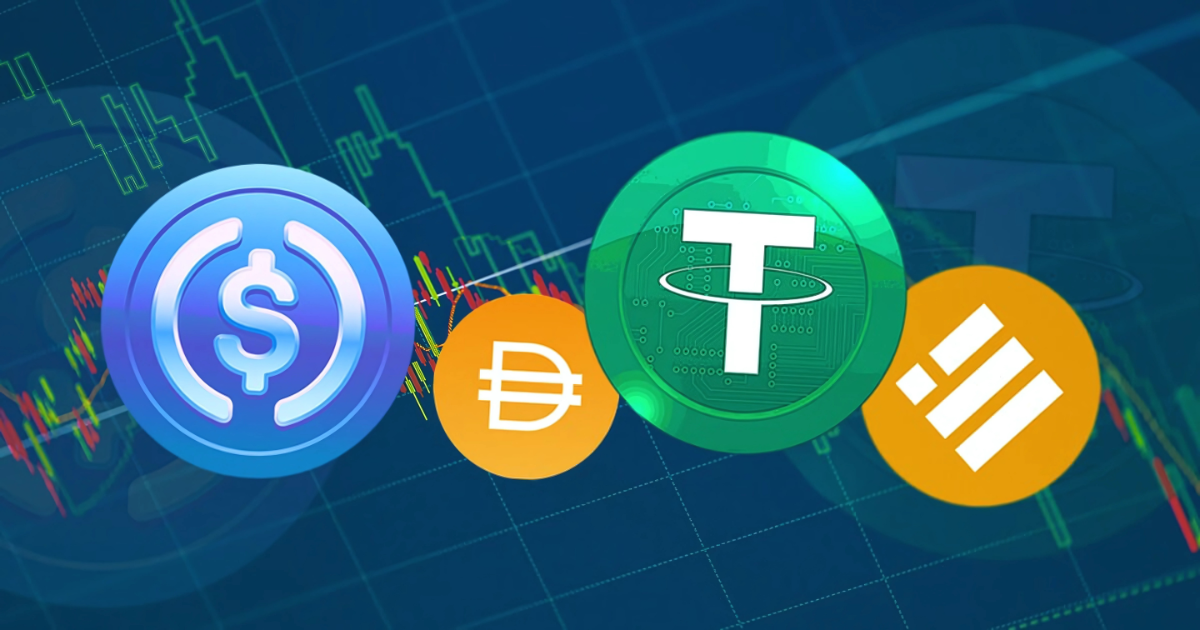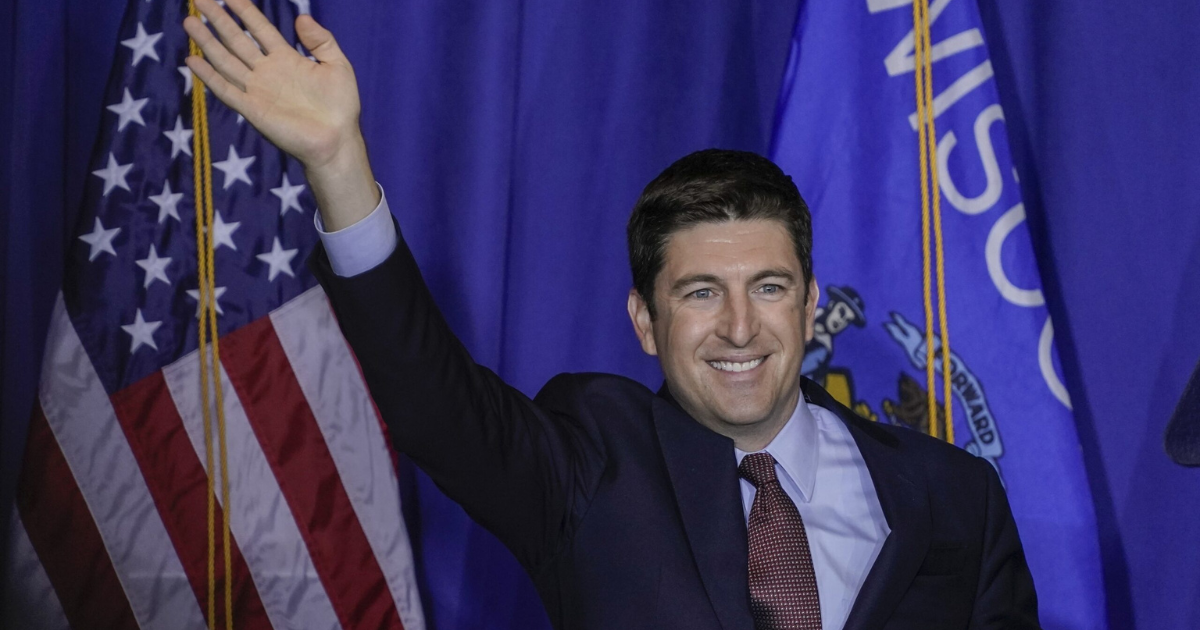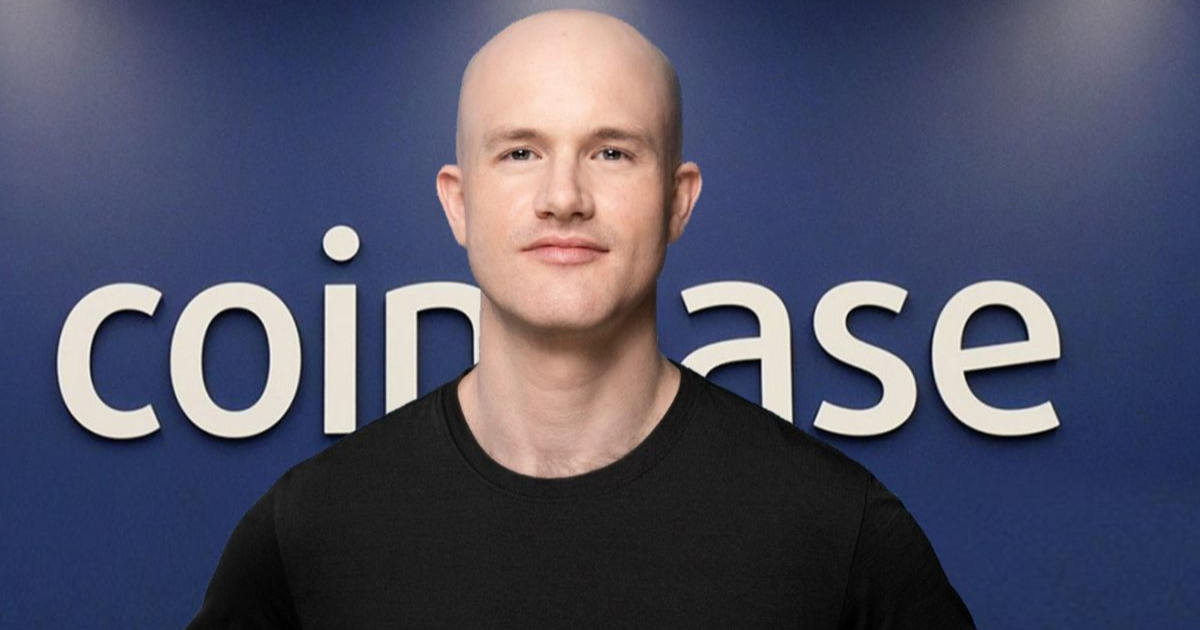This is the kind of thing Brian Armstrong is pushing for legislative changes that would fundamentally change how Americans approach digital dollars. Coinbase CEO recently advocated for new on-chain interest for stablecoin holders on the basis of such new regulations. This announcement came as the United States’ ongoing debates have been regarding stablecoin regulation. Armstrong also thinks these changes will help American consumers and promote the American economy.
Key-Takeaways:
- Coinbase CEO Brian Armstrong is lobbying to bring stablecoin holders inside the wall legally and allow them to gain interest on their digital dollars directly.
- The current legislation prohibits interest-bearing stablecoins, but Armstrong thinks this advantage goes to traditional banks.
- Armstrong asserts that consumers could see the interest rate from stablecoins increase up to 4% versus the much lower 0.41% that traditional savings accounts can provide.
- It would help make the US dollar global in its dominance while the American economy also wins.
What Are Stablecoins and Why Does Interest Matter?
 The stablecoins are cryptocurrencies that are pegged to traditional currencies such as the US dollar and attempt to have a stable value. Digital assets are quickly becoming popular for facilitating the quick transferring of value between countries. However, in the US, companies cannot pay interest to holders directly, so they must choose a fiat currency partner in order to be able to pay for services. Armstrong says that this restriction gives an unfair advantage to ‘traditional banking institutions.’ According to him, crypto companies should also be treated the same as banks in terms of interest payments.
The stablecoins are cryptocurrencies that are pegged to traditional currencies such as the US dollar and attempt to have a stable value. Digital assets are quickly becoming popular for facilitating the quick transferring of value between countries. However, in the US, companies cannot pay interest to holders directly, so they must choose a fiat currency partner in order to be able to pay for services. Armstrong says that this restriction gives an unfair advantage to ‘traditional banking institutions.’ According to him, crypto companies should also be treated the same as banks in terms of interest payments.
Armstrong notes that there is a large widening potential between the earnings on stablecoins and traditional savings. Armstrong’s data puts the average yield of the savings account at around 0.41 percent interest in 2024. However, he implies that on-chain interest could yield around 4 percent if regulations permitted for stablecoin holders. If it comes about, this could result in more than a tenfold increase, which could put more money in Americans’ pockets. The resulting high income as a result of such additional income would stimulate economic growth through increased spending, saving, and investing.
Strengthening Dollar Dominance Globally
 For Armstrong, the ability to grant interest-bearing stablecoins has geopolitical advantages besides those for consumers. According to him, these changes will encourage greater global adoption of US dollar-backed stablecoins. Eventually, more funds would end up in US treasuries as a result of this augmentation of usage. But Armstrong thinks that this approach could help maintain dollar superiority in a more and more digital economy. He also warns that without such changes, the US could potentially lose billions of dollars in users and in cash flows, which might be about a trillion.
For Armstrong, the ability to grant interest-bearing stablecoins has geopolitical advantages besides those for consumers. According to him, these changes will encourage greater global adoption of US dollar-backed stablecoins. Eventually, more funds would end up in US treasuries as a result of this augmentation of usage. But Armstrong thinks that this approach could help maintain dollar superiority in a more and more digital economy. He also warns that without such changes, the US could potentially lose billions of dollars in users and in cash flows, which might be about a trillion.
There are two pieces of legislation in Congress that address stablecoin regulation. At this moment, the GENIUS Act and STABLE Act do not permit interest-bearing stablecoins. The STABLE Act explicitly prohibits those that issue payment stablecoins from paying yield to holders. The GENIUS Act further excludes payment stablecoins that carry interest from the definition of such payment stablecoins. The vote by the Senate Banking Committee for the passage last week of the GENIUS Act, with bipartisan support, was 18–6.
Potential for Compromise
 While there are challenges to putting them together, some optimism is evident that those bills could eventually be harmonized. After round after round of drafting, Representative Bryan Steil said the two pieces of legislation might eventually come into alignment. However, he said the differences between the bills are mainly textual. He was prepared to work with Senate colleagues to advance comprehensive legislation.
While there are challenges to putting them together, some optimism is evident that those bills could eventually be harmonized. After round after round of drafting, Representative Bryan Steil said the two pieces of legislation might eventually come into alignment. However, he said the differences between the bills are mainly textual. He was prepared to work with Senate colleagues to advance comprehensive legislation.
Conclusion: Coinbase CEO
Armstrong, the Coinbase CEO, is an advocate of something that is a big push from one of the crypto community’s most vocal voices. The frame of his argument is that stablecoin interest is both an opportunity and a necessity as an economic and competitive matter. Will legislators embrace Armstrong’s vision for these bills as they are still refining them?











